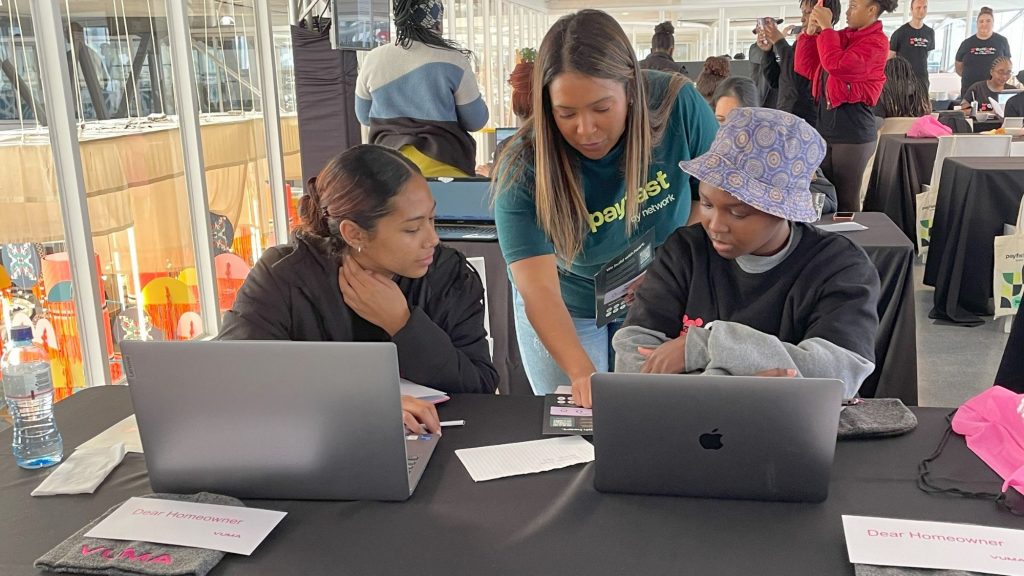In a bid to address the glaring gender disparity within the South African technology industry, GirlCode, a software development skills organisation, has undertaken an inspiring initiative. Their annual hackathon, held earlier this month in Cape Town, Johannesburg and Durban, witnessed a confluence of young female minds, eager to shake up the technology landscape.
The event, supported by Payfast, an online payment gateway, aimed to mentor and empower women to become formidable forces in the world of technology.
Statistics from Women in Tech ZA revealed that women currently hold a mere 23% of tech-related jobs in South Africa, underscoring the pressing need for initiatives that foster diversity and inclusion in the industry. Recognising this imperative, GirlCode’s Hackathon proved to be a beacon of hope for aspiring young women eager to make their mark.
While the hackathon was undoubtedly a competition, it was characterised by its collaborative spirit and its underlying goal of facilitating a robust exchange of knowledge among aspiring women in tech.
Gadijah Dolan, the head of human resources at Payfast, expressed, “Gatherings like these are fundamental in our mission to create a more inclusive sector, and after seeing the talent on display at this year’s event, we are confident that the next generation of female tech tycoons will take the local industry to the next level.”
The broader context of South Africa’s tech industry reveals a profound shortage of skilled information and communication technology workers. Compounding this challenge is the lack of access to resources necessary for nurturing these skills and the unfortunate exodus of skilled professionals to foreign shores.
With unemployment rates exceeding 32% and disproportionately affecting women, there is an opportunity to equip young individuals with the necessary skills to thrive in the burgeoning technology sector. GirlCode has stepped forward to nurture the emergence of a new cohort of software engineers and computer scientists, instilling hope for a brighter future.

During the hackathon, all-female groups, composed of students and graduates, pooled their talents to develop websites, games, or mobile apps aimed at solving real-world challenges. This immersive experience not only enhanced technical expertise but also fostered invaluable interpersonal skills and facilitated the expansion of professional networks.
The presence of Payfast was particularly impactful, as they actively solicited CV submissions and fielded questions regarding potential job opportunities within South Africa’s tech and e-commerce domains.
Dolan emphasised, “To drive change within the technology sector, we need to start fostering interest amongst young people, particularly females. We need to encourage them to see that gender will not define their growth in the sector.”
She added that showing interest in coding or software development is the first step toward a successful career, and events like the Hackathon are instrumental in paving the way for a more equitable tech industry.
The hackathon attracted participation from a consortium of tech companies, including Takealot, NinetyOne, Vuma, Mint Group, and Amazon Web Services (AWS). Projects were meticulously evaluated based on their originality, impact, user experience, and functionality. The coveted title was clinched by the team “Clueless,” hailing from Durban, who not only secured a cash prize of R40 000 but also walked away with tech gadgets.
READ NEXT: Founders Factory Africa sparks $114m tech revolution


